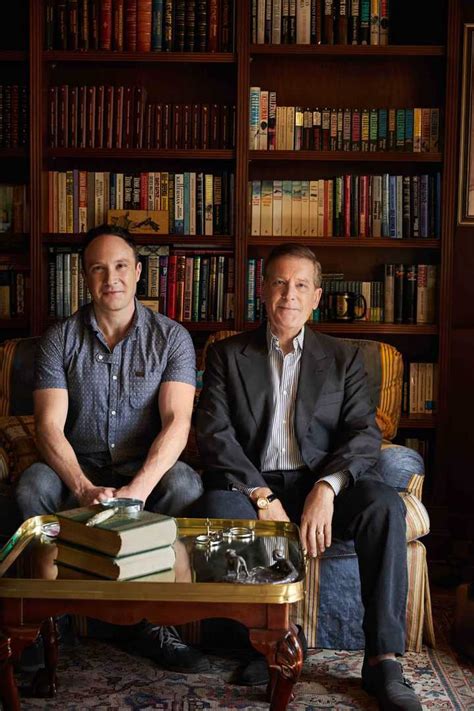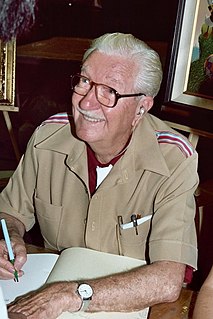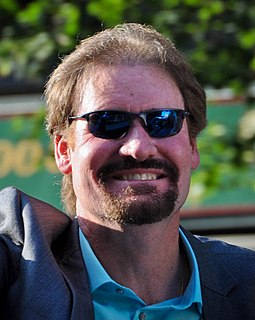A Quote by Sandra Brown
'Rainwater' was particularly special because it was a complete departure from the suspense novels. It's set in the Great Depression and based on an incident that occurred when my dad was a boy.
Related Quotes
Plots may be simple or complex, but suspense, and climactic progress from one incident to another, are essential. Every incident in a fictional work should have some bearing on the climax or denouement, and any denouement which is not the inevitable result of the preceding incidents is awkward and unliterary.
I still read romance, and I read suspense. I read them both. And part of it is, I like stories with strong characters, and I like stories where there's closure at the end. And I like stories where there's hope. That's a kind of empowerment. I think romance novels are very empowering, and I think suspense novels are, too.
My dad and mom divorced when I was around ten, and I didn't live with him after that, though he was close by and we saw each other weekly. I wasn't really aware that he was a writer; I didn't start reading his writing until I was about fifteen. It occurred to me then that my dad was kind of special; he's still one of my favorite writers.
The Panic of 1819 exerted a profound effect on American economic thought. As the first great financial depression, similar to a modern expansion-depression pattern, the panic heightened interest in economic problems, and particularly those problems related to the causes and cures of depressed conditions.


































